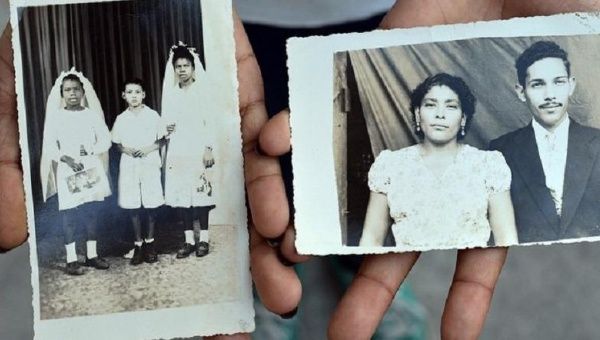Blaxican: The Revolutionary Identity of Black MexicansPosted in Articles, Arts, Identity Development/Psychology, Latino Studies, Media Archive, United States on 2015-11-29 22:08Z by Steven |
Blaxican: The Revolutionary Identity of Black Mexicans
teleSUR
2015-07-29
Walter Thompson-Hernandez shares with teleSUR English the often-forgotten faces and stories of Black Mexicans, or Blaxicans, in the United States.
Walter Thompson-Hernandez often sees a reflection of himself in the stories his camera captures. Boldly staring into the lens of his camera, Black Mexican, or Blaxican, men and women slowly unveil a bit of themselves to him.
“I ethnically identify as Afro-Mexican. Racially, I embrace my Blackness as here in LA that is typically how I am read and what my experience is,” reads one of the photo stories now available on Instagram gallery known as “Blaxicans of Los Angeles.”
“The identity of Afro-Mexican acknowledges my African roots as well as the land we live on, though claimed by America, belongs historically to indigenous Mexican peoples.”
As the child of an African-American father and a non-black Mexican mother, the stories resonate with Thompson-Hernandez who started the Instagram page as an academic research project for the University of South Carolina, but found himself personally drawn to the project to understand the complexities of race and ethnicity in a country that often sees both as one and the same thing…
Read the entire article here.






